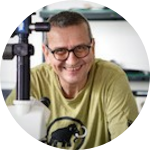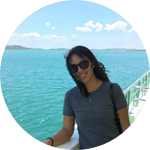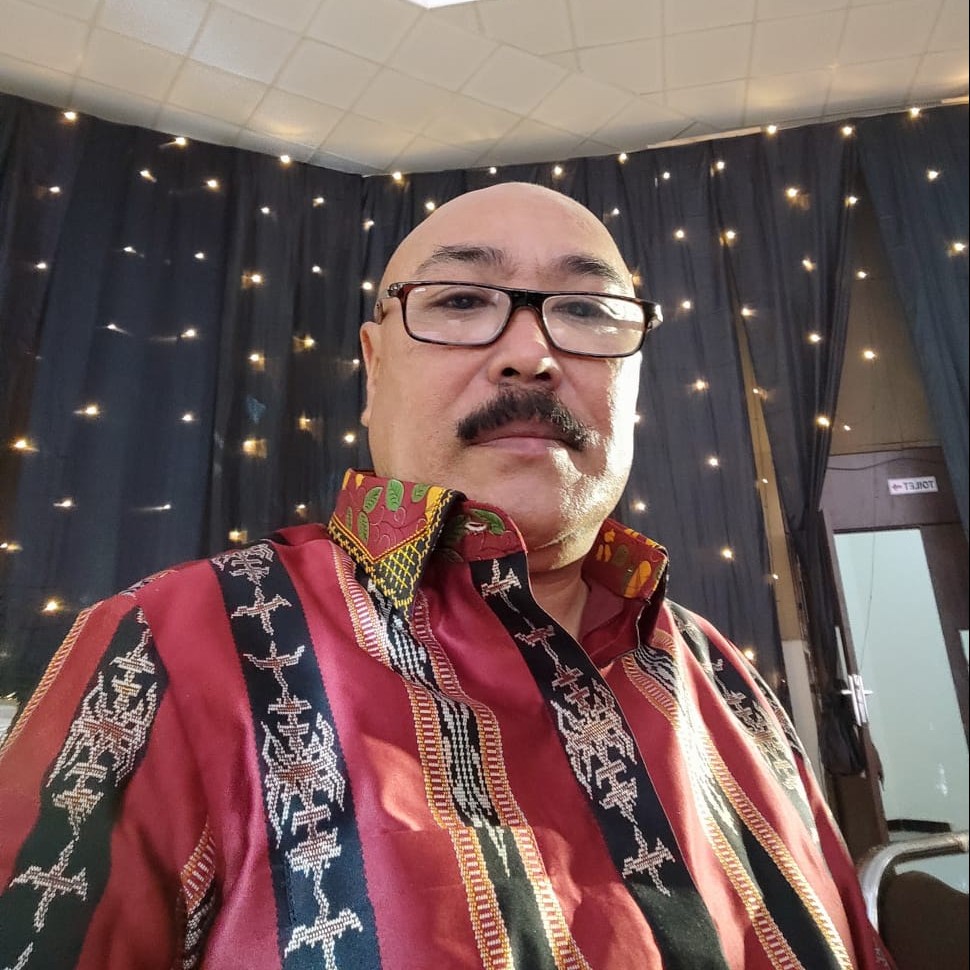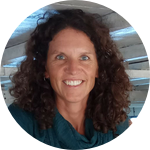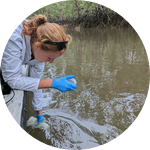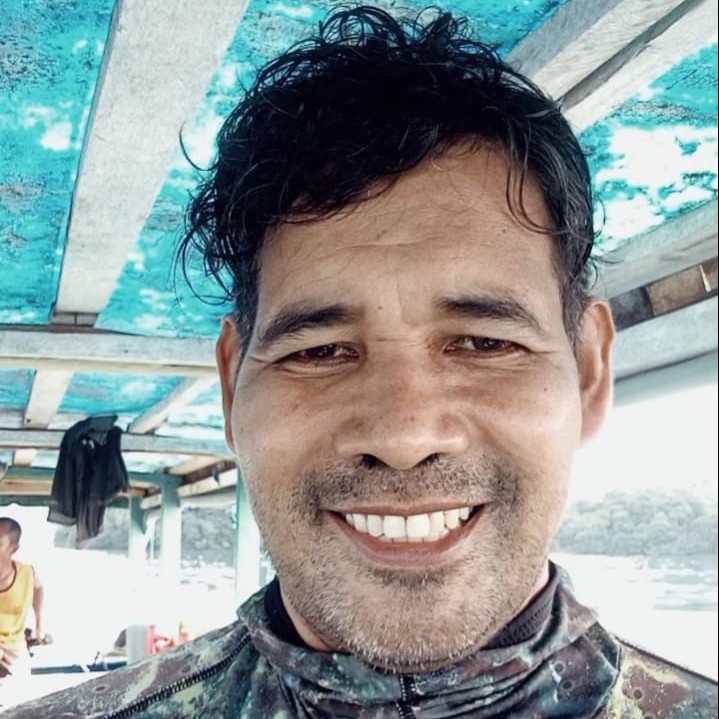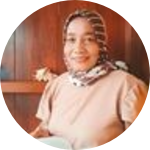About This Project
The timing when corals release their eggs and sperm to reproduce is an extremely complex topic. However, considering the ongoing coral reef crisis, understanding how corals time their reproduction is more important than ever before. After five years of monitoring coral spawning at the Banda Islands, an Indo-Pacific coral hotspot, and gathering crucial data but also a great amount of scattered observations, we aim at establishing tools to monitor seamlessly and cost-efficiently.
Ask the Scientists
Join The DiscussionWhat is the context of this research?
Most coral species are broadcast spawners releasing egg-sperm bundles in synchronized events. Since 2017, students from Bogor Agricultural University (IPB) and Banda Naira University (UBN) have studied the spawning events of corals at the Banda Islands in the Banda Sea, Indonesia. They focused on using only non-invasive techniques (diver observations and egg traps) and were able to collect a total of 47 spawning observations. Some spawning events were coherent with observations at the Australian Great Barrier reef and other sites in Indonesia, others were unexpected and surprising. Patterns of spawning regarding the lunar cycle, sea surface temperatures and tidal cycles could be identified but crucial aspects remain unanswered.
What is the significance of this project?
Coral reefs host 25% of all marine species and compose important carbon sinks. Unfortunately, they are also highly under threat by climate change and local stressors. To mitigate their loss, high efforts have been put into reef restoration in the last decade. One promising restoration method is larval enhancement, i.e. raising and releasing coral larvae to enhance settlement and growth of new colonies. At least equally relevant as restoration is the conservation of naturally diverse reefs, which depends on understanding natural processes, such as reproduction. For the success of both, conservation, and restoration via larval enhancement, we need to know when as many different species as possible spawn. To achieve this, methods allowing year-round spawning monitoring are urgently needed.
What are the goals of the project?
With this project we aim to reveal the secrets of coral spawning in Indonesia's Banda Sea, at the heart of the coral triangle. We will monitor for 12 months, starting in September 2023, by installing self-made setups of night vision timelapse cameras and hydrophones. With the cameras we will monitor for spawning and with the hydrophones we will validate whether spawning events have an acoustic fingerprint that could facilitate monitoring in future. The setups will be installed and checked weekly by UBN students and the local Luminocean team. Data will be evaluated by students trained and coordinated by this project team. A year-round, continuous dataset will help disentangle crucial cues and trigger points of spawning to facilitate predictions, monitoring, and management in the long term.
Budget
Collecting seamless data on whether corals are spawning or not cannot be achieved with egg traps or using direct observations by divers as it depends on weather conditions and would require a huge human effort. Our project budget includes purchasing 10 simple night vision timelapse cameras that will be placed in self-made waterproof cases. We have used such cases already for reef monitoring during the day and only need to adapt them to the new camera type. In addition, we will purchase 10 'Hydromoths' passive acoustic monitoring (PAM) systems (also already tested for reef sound monitoring by us) to verify whether coral spawning creates a unique acoustic fingerprint and could be conducted with PAM only in future. The rest of the budget will be used for deploying and recovering the cameras and PAM systems, and for stipends for two Indonesian students leading the field work of this project.
Endorsed by
 Project Timeline
Project Timeline
As the project comprises a 12 months monitoring period, the entire project is planned to run 17 months, including time for receiving ordered items (international shipping), constructing, testing and modifying monitoring setups, and finally conducting monitoring. An additional 4 months are planned for data evaluation and manuscript preparation. Video and sound data analysis will be conducted concurrently during monitoring.
Feb 03, 2023
Project Launched
Jun 01, 2023
Order and receive cameras, hydrophones and components of waterproof housings
Aug 31, 2023
Construct waterproof housings
Sep 09, 2023
Field tests of setup
Sep 30, 2023
Modification of setup if necessary
Meet the Team
Team Bio
We are a team from Luminocean and Banda Naira University (UBN). Luminocean is a non-profit organisation at the Banda Islands in Indonesia. UBN is a University on Banda Naira, where students can study Fisheries up to Bachelor level. Our field team are Adam Lanuru and Emil Sjahman (UBN alumni and Dive Guides at Luminocean), and Farista Gani and Rifaldi Kadir (students at UBN and Luminocean fellows). Project coordination will be done by Mareike Huhn, Joana Dias, Budiono Senen and Jenny Abidin.
Mareike Huhn
When I first learned SCUBA diving in 2006 I discovered my fascination for everything that lives in the sea. Studying Tropical Ecology by that time, I shifted my focus from tropical rainforests towards marine environments. I soon new that I wanted to put my energy into conserving coral reefs and all the fascinating creatures that live in and from them. After completing my doctoral degree in Marine Science, for which I conducted research in Indonesia, I decided to co-found Luminocean as an organisation that gives students from Indonesia the chance to gain practical experience in marine biology, develop their scientific skills and become aware of local stressors that coral reefs are facing. The reason for it is that I believe that the biggest chance for conservation of Indonesia's beautiful coral reefs persists in well-trained local people who will become responsible future leaders aware of sustainability.
Since 2020, I am holding a postdoc position at the Ruhr-University Bochum (RUB), Germany. I still continue my work for Luminocean and am now able to put an even higher effort into supervising small research projects led by students from the Banda Islands. Additionally, I can now give students from RUB the opportunity to learn about marine conservation directly in the field.
In addition to working together with Banda Naira University, I was recently (Feb 2023) appointed Adjunct Professor at the Faculty of Fisheries and Marine Science at Pattimura University Ambon (Unpatti), Indonesia. One intention of this collaboration is to train and supervise students from Unpatti.
My two passions are research and facilitating education and I am very grateful to be able to combine both. The proposed project matches these two passions extremely well. Apart from being promising to produce data that will contribute to coral reef conservation, it will have a huge educational component. That is why I strongly hope that it can be funded.
Mareike Huhn (researchgate.net)
Joana Dias
I am a Marine Biologist by trade and by heart. I completed my Divemaster in Mozambique in 2011 but have overall been an avid marine biologist and diver for over 20 years, participating in marine conservation projects around the tropics (Jamaica, Panama, Indonesia and Colombia).
During my PhD at Marine Scotland Science and postdoc at the Western Australia Department of Fisheries I specialized in the development of DNA-based methods for aquaculture, fisheries and marine conservation management. I took on molecular biology because of its crucial role in addressing natural resources management and biodiversity conservation issues. I spent short periods (5 to 12 months) at DG MARE in Brussels and NOAA in the US, where I had the opportunity to develop skills on bridging research and policy. I am currently based as a postdoc researcher at the University of Southern Mississippi in the US, working on multidisciplinary projects in fisheries and endangered species conservation using environmental DNA (eDNA).
A dive trip to the remote Banda Islands in 2014 have led to a continuous string of project collaborations with Mareike and Luminocean, first on invasive species (Banda Naira: Biosecurity Research 2016 - YouTube) and more recently on coral spawning. We geared up for a very well timed night dive in Banda in 2017 and witnessed mass coral spawning! It blow our mind and we have been making efforts to monitor as much as we can ever since. An exciting paper on the first records of coral spawning in the Banda Islands will be available very soon!!
Budiono Senen
I am Budiono Senen, working at Banda Naira University in the field of Aquatic Resource Management. I am also advisor of the Barracuda Diving Club, a student dive club. I am collaborating with Luminocean since its establishment in Banda. Since 2006, I am working with the Indonesian Institute of Sciences (LIPI) and colleagues from Hongkong University on surveying the Napoleon wrasse (Chellinus undulatus) population at the Banda Islands. Since 2017, I am working together with Ruhr-University Bochum, Germany, on understanding schooling behavior of the rare flashlight fish (Anomalops katoptron). Besides teaching I also conduct research with students and carry out community service activities such as mangrove planting, coral transplantation, cleaning coral reef ecosystems with Luminocean, Banda Sea TWP Satker, PSDKP. I joined the Lestari Indonesia foundation (LINI) since 2015 until now to oversee environmentally friendly tuna fishing activities.
Jenny Abidin
I have studied at Bogor Agricultural University at the Department of Aquaculture for my Masters program. My interest lies in sustainable environmental management for aquaculture and I am working at the University of Banda Naira (UBN) in the Aquaculture study program. Apart from teaching, I also joined the Marine Resources Conservation group (Satker) for community service activities to protect the marine environment from dangers of plastic waste. I have conducted community projects for the Ministry of Education, Culture, Research and Technology in 2018 and 2021. Goal of these projects are improving community welfare and children's education. I am currently working at UBN to provide research guidance to students.
Additional Information
We envision the information obtained from this project to provide much needed guidance in identifying timeframes at which efficient and effective monitoring could be accomplished in the long term. This will be particularly useful for planning a much intended follow up collection of environmental DNA (DNA that is shed by organisms into the water in the form of e.g. feces, mucous, skin, or in this case coral gametes) for determination of genus and species specific patterns. Doing so would shed light on the impact and recovery ability of particular species or genera at risk of e.g. bleaching or other anthropogenic impacts. After 5 years of efforts, we strongly believe that spawning times would be better monitored by a combination of acoustic profiles (if proven a reliable stand-alone method) and eDNA (if timeframes can be reliably identified to direct efforts and work around bad weather days). If spawning events of certain species, for example, may be missing in future we will be able to detect this and call for higher protection measures to be put in place for such species in the reef.
Project Backers
- 10Backers
- 100%Funded
- $10,000Total Donations
- $1,000.00Average Donation
